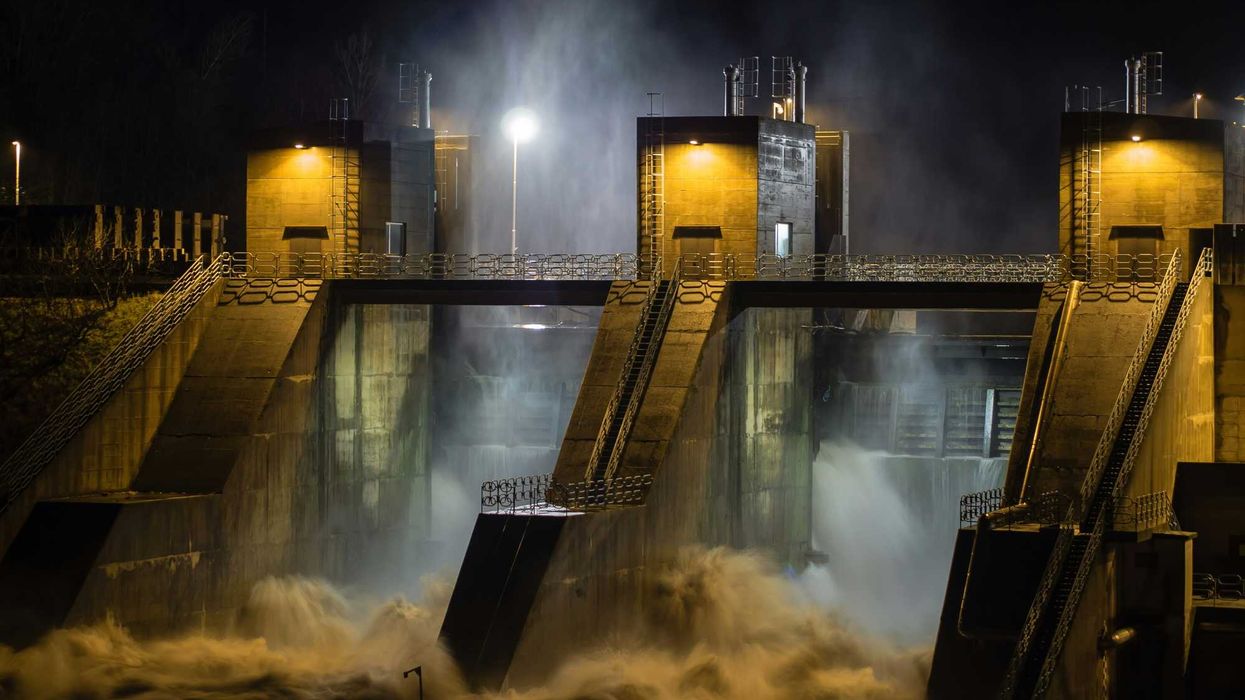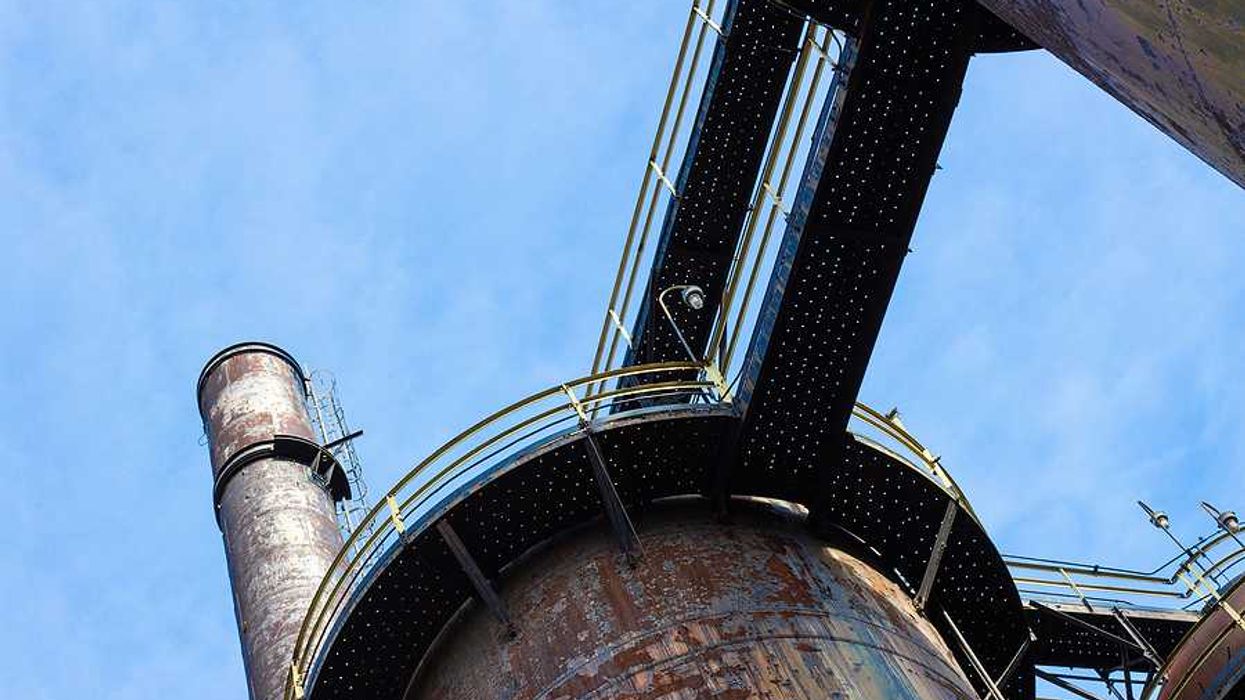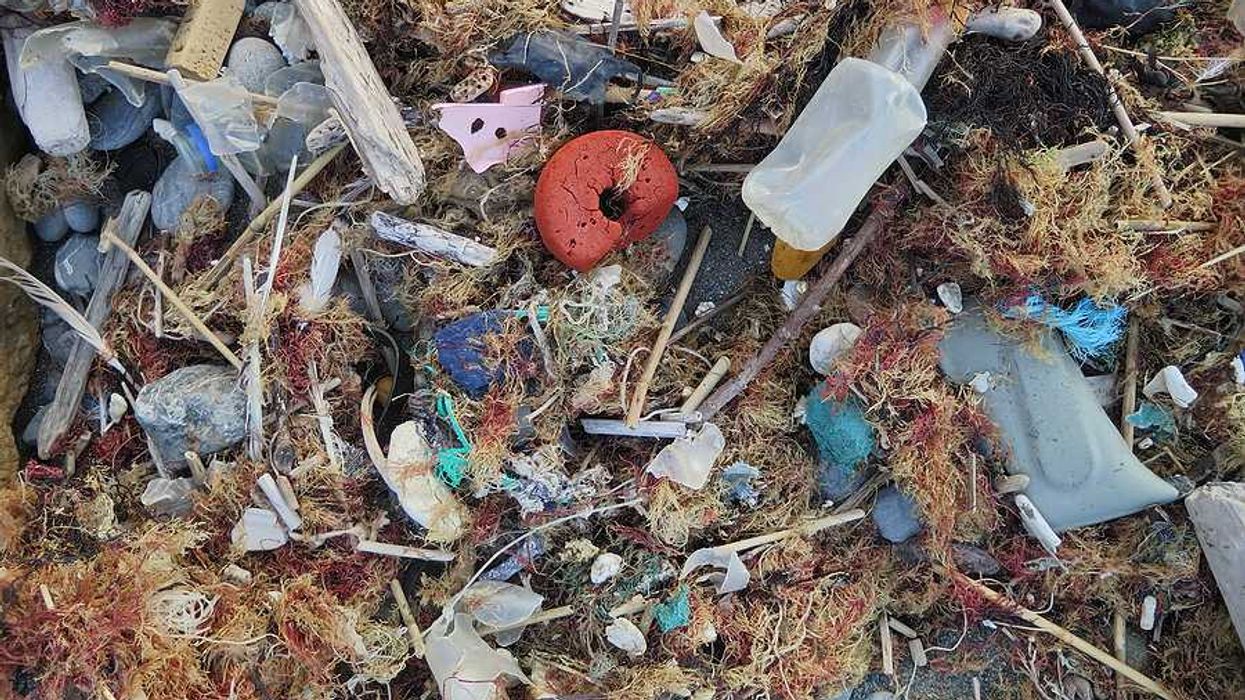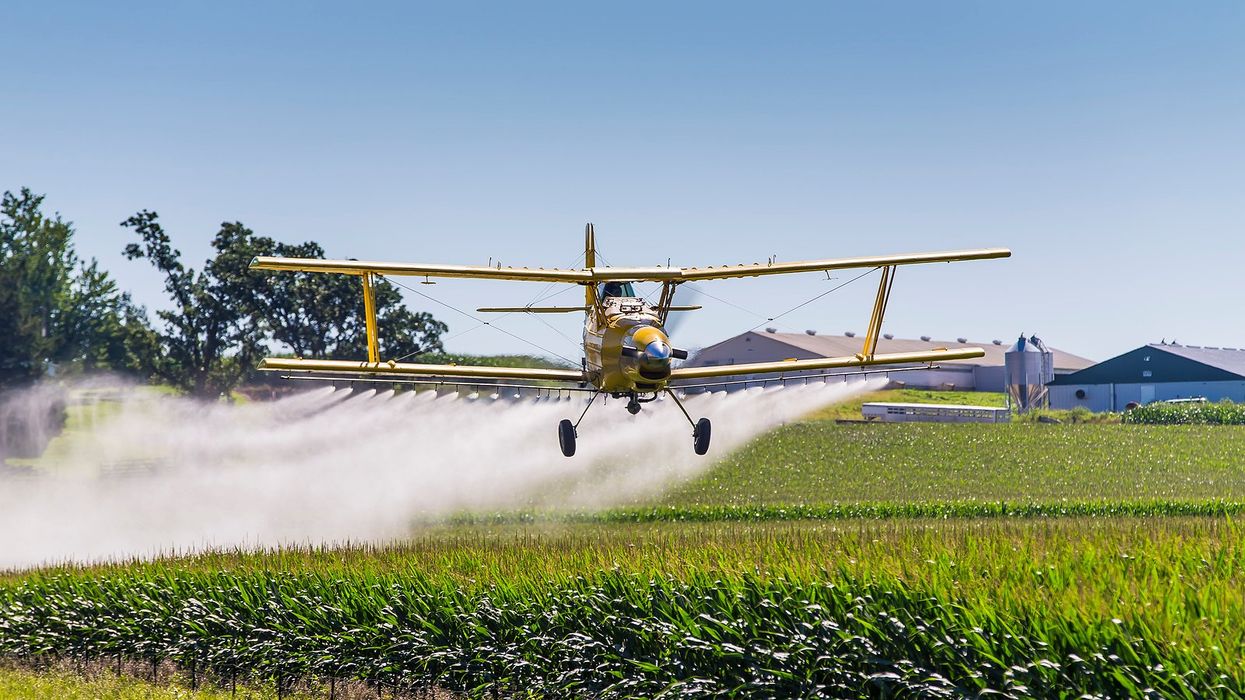Researchers in Alberta have found widespread contamination of sulfolane, a compound linked to cattle fertility issues, in the region's groundwater.
Michael Franklin reports for CTV News.
In short:
- Sulfolane, used in gas processing, has been detected in large amounts in Alberta's groundwater, raising concerns about potential risks to drinking water supplies.
- Ongoing research by Dr. Erica Pensini and her team aims to understand how sulfolane spreads in water and to develop mitigation strategies.
- Despite attempts to clean up, decades of sulfolane use have left persistent contamination in the area.
Key quote:
"Sulfolane plumes travel faster with fewer sulfates, so we're trying to clarify migration in the context of what can we do to tackle this contamination."
— Dr. Erica Pensini, associate professor at the University of Guelph
Why this matters:
Sulfolane is highly soluble in water, which allows it to spread rapidly through aquatic systems and leach into groundwater. This solubility makes containment and remediation challenging. Once in the water supply, it can affect aquatic life, potentially disrupting ecosystems and harming species that rely on these habitats.
EHN’s related coverage: An oil refining chemical infiltrated the water of a small Alaskan town, but families—many worried about health issues—were left with more questions than answers.














